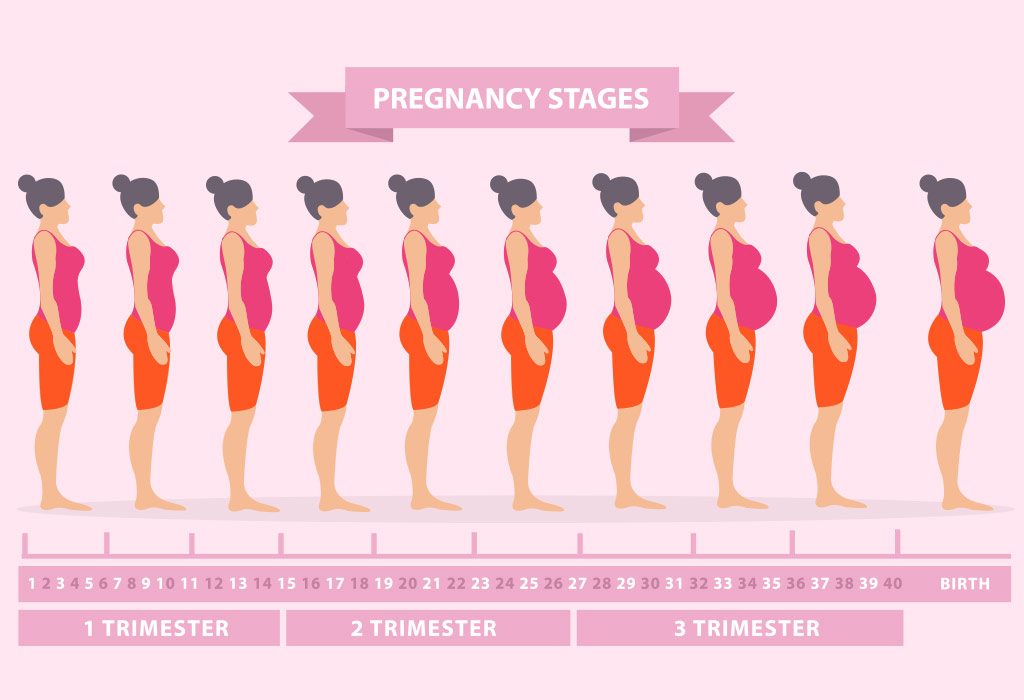
Changes in Body Chemistry in Pregnancy: A Week-by-Week Guide
Pregnancy is a time of profound physiological changes, including significant alterations in body chemistry. These changes are driven by the hormonal shifts and increased metabolic demands associated with fetal growth and development. Understanding these chemical changes can help expectant mothers monitor their health and well-being throughout pregnancy.
First Trimester
- Weeks 1-4: The levels of the pregnancy hormone human chorionic gonadotropin (hCG) rise rapidly, reaching a peak around week 12. hCG is responsible for maintaining the corpus luteum, which produces progesterone to support the early pregnancy.
- Weeks 5-8: Estrogen and progesterone levels begin to increase, promoting uterine growth and preparing the body for pregnancy. Blood volume and cardiac output increase to meet the growing metabolic demands of the developing fetus.
- Weeks 9-12: The placenta fully develops and takes over the production of progesterone and estrogen. These hormones continue to rise, further supporting uterine growth and preparing the breasts for lactation.
Second Trimester
- Weeks 13-16: Maternal blood volume and cardiac output continue to increase, reaching their maximum levels around week 20. This increased blood flow is necessary to meet the growing oxygen and nutrient demands of the fetus.
- Weeks 17-20: The levels of relaxin, a hormone that relaxes ligaments and muscles, increase. This helps to accommodate the growing uterus and prepare the body for childbirth.
- Weeks 21-24: The levels of prolactin, the hormone responsible for milk production, begin to rise. This prepares the breasts for lactation after delivery.
Third Trimester
- Weeks 25-28: The levels of estrogen and progesterone reach their peak. These hormones continue to support uterine growth and prepare the body for labor and delivery.
- Weeks 29-32: The levels of oxytocin, the hormone that stimulates uterine contractions, begin to increase. This prepares the body for the onset of labor.
- Weeks 33-36: The levels of prostaglandins, hormones that help to ripen the cervix, increase. This prepares the cervix for dilation during labor.
- Weeks 37-40: The levels of estrogen and progesterone decline slightly, while the levels of oxytocin continue to rise. This hormonal shift triggers the onset of labor and the birth of the baby.
Specific Chemical Changes
In addition to the hormonal changes, pregnancy also brings about specific chemical changes in the body:
- Increased blood glucose: The levels of glucose in the blood increase to provide energy for the developing fetus.
- Increased cholesterol: The levels of cholesterol in the blood increase to support the production of hormones and the growth of the placenta.
- Increased triglycerides: The levels of triglycerides in the blood increase to provide energy for the growing fetus.
- Increased sodium: The levels of sodium in the blood increase to help regulate fluid balance.
- Increased potassium: The levels of potassium in the blood increase to support muscle function and nerve transmission.
- Increased calcium: The levels of calcium in the blood increase to support bone growth and development in the fetus.
- Increased iron: The levels of iron in the blood increase to support the production of red blood cells, which carry oxygen to the fetus.
Monitoring Body Chemistry
Regular prenatal care is essential for monitoring body chemistry during pregnancy. Blood tests and urine tests can be used to assess hormone levels, glucose levels, and other chemical parameters. This monitoring helps to ensure that the pregnancy is progressing normally and that the mother and fetus are healthy.
Conclusion
Pregnancy is a time of significant chemical changes in the body. These changes are driven by the hormonal shifts and increased metabolic demands associated with fetal growth and development. Understanding these chemical changes can help expectant mothers monitor their health and well-being throughout pregnancy. Regular prenatal care is essential for ensuring that the pregnancy is progressing normally and that the mother and fetus are healthy.